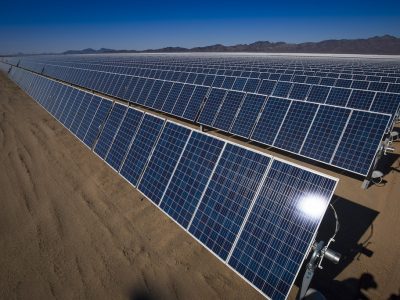The Indian Style of Climate Policy
If India ever does something about its growing carbon emissions, this is the book that tells you how it will happen. Rob Jenkins’ Democratic Politics and Economic Reform in India is the best source I have seen so far that really gets into the guts of how the country’s political economy works. And that’s what makes it so valuable, even if it doesn’t have a word about environmental policy.
Jenkins asks: how is it that economic reform has continued in India so many years after the external balance-of-payments crisis that started it and even though so many domestic interests oppose it? His answer is simple and compelling: India’s politicians are good at lying, and at seeing how they can grab more political power through change.
They mask change by making it seem like they are not changing anything, and they mask continuity by making it seem like they are changing everything. They are expert in dividing opposing political coalitions through surreptitious payoffs and even through recruitment of personal crime networks that can assist and intimidate other opponents. They are also adept at using liberalization to generate new sources of income for their political machines.
In particular, India’s political leaders are good at developing vague standards for liberalization, which then give them discretionary power to help favored groups. These favored groups are then able to compete with opposition interests. One of favorite vignettes involves a state chief minister who wants business groups to support tax reform. He buys off one group secretly by offering a concession on an unrelated issue, and then has that group loudly back tax reform in a meeting with another business group. The “target” group then feels like it has to go along or be isolated politically.
There are two big lessons about the future of Indian climate policy that come from Jenkins’ book:
1) Analysts are busy looking at the pressure groups with an interest in policy, but we have to look carefully at the potential interests of the politicians themselves. The state is not a passive receptacle of pressure, but rather an actor in its own right.
2) Whatever India does on climate, it will look nothing like the elegant and parsimonious policy models currently being debated (usually by economists). As Jenkins notes, “promoting change routinely requires governments to employ the underhanded tactics and impure motivations which all politics breed, but only democracy can tame.”







Reader Comments